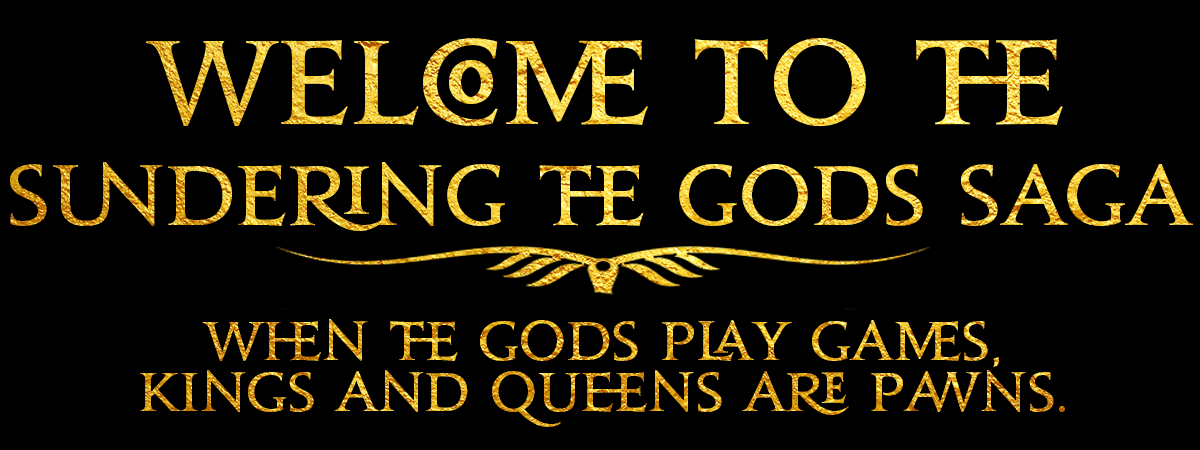Bobaru
(Illustration by Joe Shawcross)
Height: 5’9” (male) 5’6” (female)
Build: Average
Hair: None
Eyes: Black, brown, gray, gold
Lifespan: 35-40
Decoration: Piercings and tattoos very common, particularly coloring the “scale” patterns of their skin, as well as painted teeth.
WeaponPreferences: Axes, spears and longbows
Language: Bobêx
Currency: Medallion - Gold Currency
Religion: Rezjûmî Tulân - Pantheon of the Flaming Tears
ReligiousTolerance: Intolerant
Attribute Bonuses:
With their home island situated on the western edge of the Boxukolu Ocean and the mouth of the Kindusên Sea the Bobaru are fortuitously situated to influence trade that passes. Early in the First Era this advantage is minimal as few vessels pass their island, and those that do the Bobaru often capture in acts of piracy. The Bobaru do not see it as piracy, they quite simply believe that as a superior being, everything is rightfully their's. As the Lûxuns and others gain power the Bobaru refine their technique, and impose taxes (sometimes referred to as protection fees) that would allow safe passage by flying special banners to indicate they had paid their dues. Naturally this practice, although better for sailers and captains than being captured and indentured to Bobaru service, resulted in many battles between the Bobaru and their neighbors, particularly the Gôrôtan and Korômon. With superior ships and sailors, and the Lûxuns based too far away to wage a war, the Bobaru successfully control the waters in their region for the better part of the first millennia F.E. The arrival of the Silonê does not quickly alter this dynamic, but by 1100 F.E. the Silonê have adopted and adapted adequate sailing technology from the Helelindun to challenge their dominance.
In appearance the Bobaru are very nearly human, with the exception of four things: they are entirely bald, all their teeth are fang-sharp and shaped, their pupils are rectangular like a goat’s, and they have a bumpy scaled pattern in their skin, although they do not actually have scales. To most human cultures they are considered a very homely people, but that does not deter the Bobaru’s famed haughty attitude. Grarvâng, a renowned Ûlstrwar warrior-chief was noted to state: “Even as you rip one’s throat out with your teeth, a Bobaru will manage to look down on you.” Arrogant to the point of it eventually being a detriment to their existence, the Bobaru think of taking the wealth of others their right, killing other peoples as little more than hunting an animal, and slavery of others a right of having been born Bobaru.
Whether Rezjûmî Tulân is the cause or simply a reflection of this arrogant world view it is minimally a reinforcement. The Bobaru believe that their gods are the source of the banishment of the other gods, solely to protect their favored children and the stars are the multitude of foreign gods being held at bay. Shooting stars are occasion for a happy prayer as it denotes the demise of an enemy god, and are called Flaming Tears. When slaves are captured they are most often brutalized by priests until “converted” to the Rezjûmî Tulân religion, the final torture being to have molten copper, silver or gold poured on the slave’s face to create “flaming tears” to symbolize the death of the slave’s god. These tears are imbedded in the skin and sometimes the bone, and to have them fall out or have them removed is punished by a cat-of-nine-tails.
Eclipses are seen as the time of mating between Rezjûmî (sun) and Tulân (moon) which ensures the health and fertility of their children the Bobaru and is a time for major celebrations, which includes the sacrifice of animals and slaves, to ensure the fertility of the gods.

